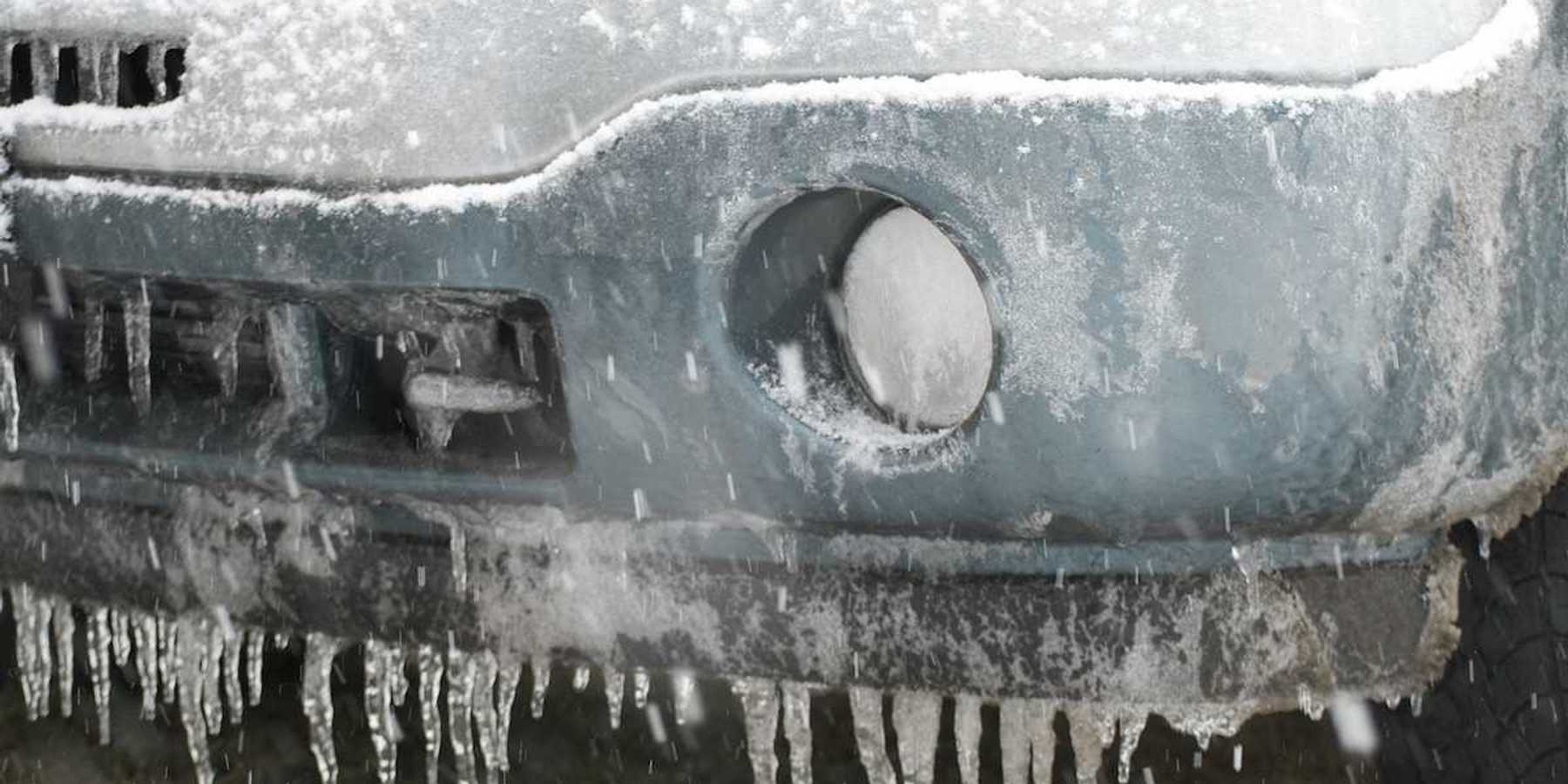A cargo ship collision in the North Sea raises fears of toxic contamination
A shipping disaster in the North Sea has sparked fears of an environmental catastrophe after a cargo vessel carrying sodium cyanide collided with a fuel tanker, raising concerns about toxic leaks into vital marine ecosystems.
Madeleine Cuff reports for New Scientist.
In short:
- The cargo ship Solong, carrying sodium cyanide, crashed into the tanker Stena Immaculate off the coast of the English city of Hull, leading to significant damage and massive fires.
- Scientists warn that potential leaks of bunker fuel and sodium cyanide could devastate marine life, with jet fuel already confirmed to have spilled into the water.
- The crash occurred in an ecologically sensitive area home to seabirds, seals, and migratory birds, raising concerns about long-term impacts on food webs.
Key quote:
“We are extremely concerned about the multiple toxic hazards these chemicals could pose to marine life.”
— Paul Johnston, Greenpeace Research Laboratories, University of Exeter
Why this matters:
If sodium cyanide leaches into the water, the consequences could be deadly, not just for marine life but for entire ecosystems. This stretch of ocean is a crucial habitat for seabirds, seals, and migratory species, all of which now face an invisible but potent threat. For now, emergency crews are scrambling to contain the damage, but as with so many industrial disasters, the true cost may take years to reveal itself.
Read more:













